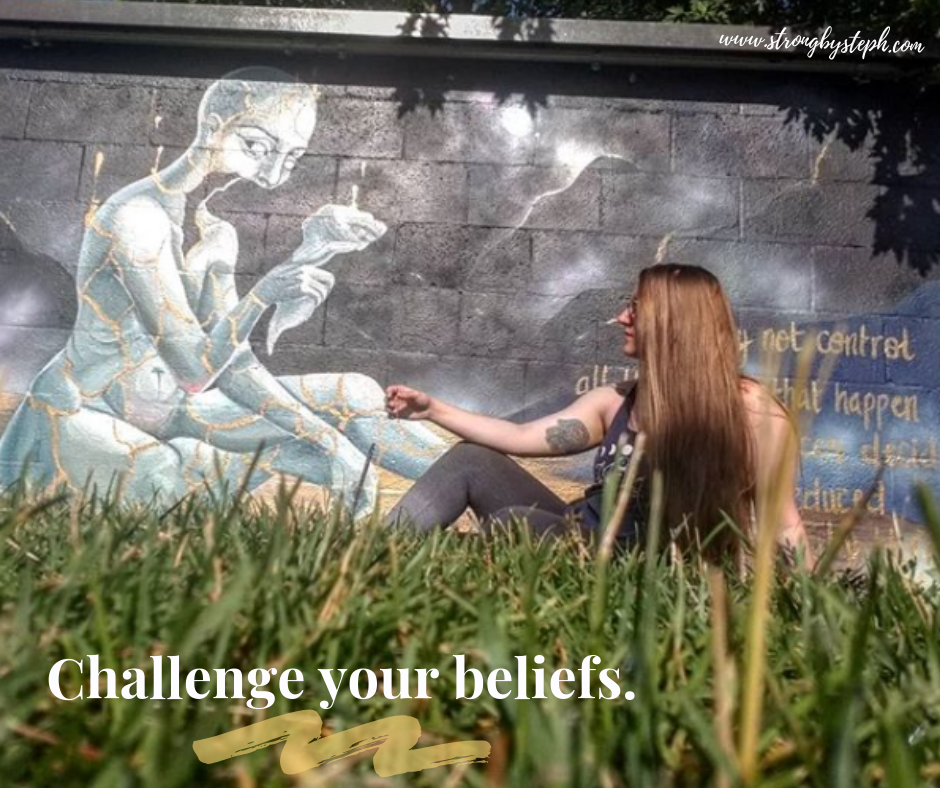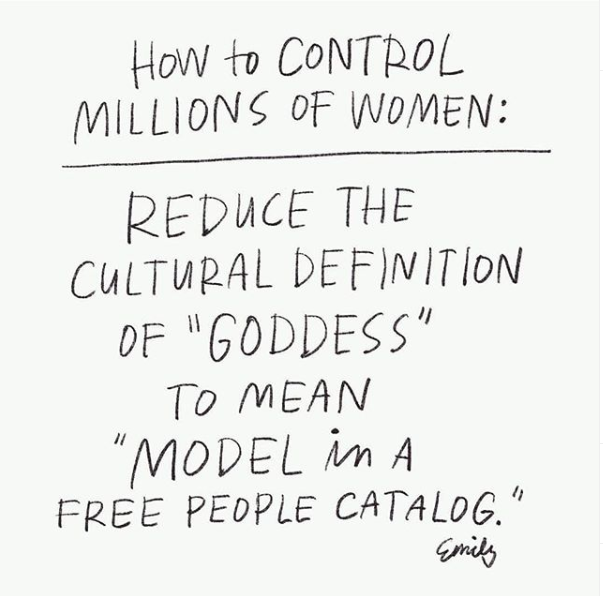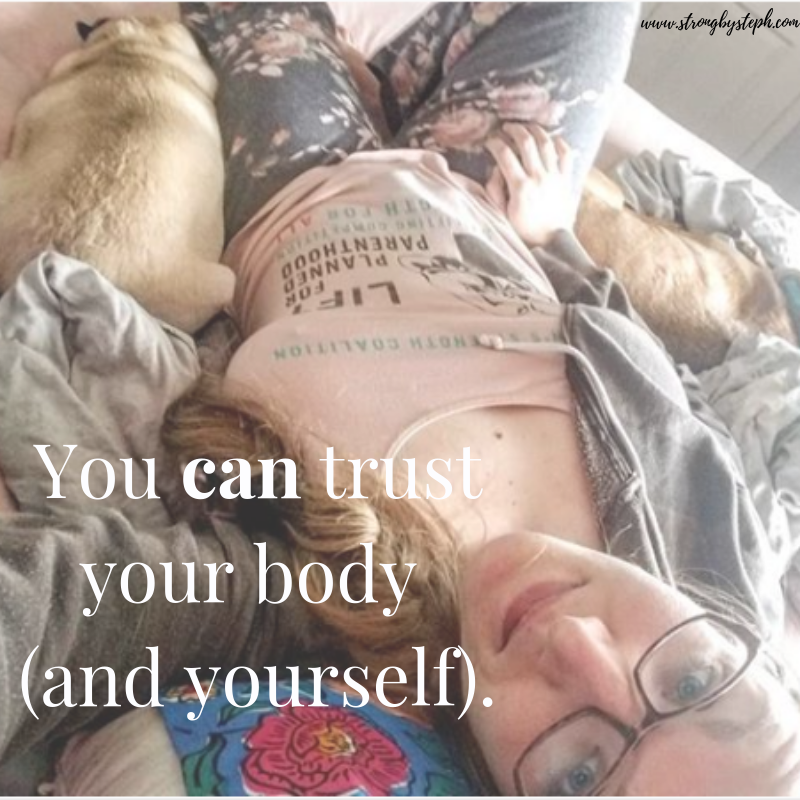Thinking About Thinking (How to Examine What You Think, What You Know, and What You Think You Know)
Challenging our beliefs is one of the most pivotal practices in which we can engage, in fitness and in life, AND, it is not easy.
What does it mean to, “challenge your beliefs?” Quite simply, to consider you may be wrong. To acknowledge you are looking through a lens that may or may not be shared by those around you. To realize what you know is informed by your position or experience, and there are others out there. To wonder, “if this is true for me, but not true for another person, why and where exactly do our experiences differ? What common ground exists? Could I expand my perspective?”
A (cough) challenging practice, to be sure. What’s good for us doesn’t always feel good at every moment.
Why would you want to do it?
Stigma, shame, and disconnection all heavily contribute to negative health outcomes, for ourselves and others, for starters. All of those behaviors begin from the beliefs we hold, particularly, in the fitness industry, about which behaviors and bodies are acceptable, visible, and worthy of respect (and, by contrast and extension, which are unacceptable, invisible, and shame-worthy).
Put in fitness context specifically, every time you say you, "can't eat that," about your favorite food, for example, you're denying yourself pleasure and joy, making a judgment on what you think you deserve, and implying certain foods are meant for certain bodies (and those bodies only).
Sound like what you mean? Is that even accurate to what you intended to say? I didn't think so.
Feeling like my thoughts suck doesn't really make me want to dive in to understand them, though; imore often, it makes me shove things into overstuffed mental drawers and just hope I never say that out loud again. If you’re struggling to adopt a new perspective, you’re not alone, and, in fact, that’s totally normal: change isn’t a lightswitch or a quick 404-redirect, but a messy, two-steps-forward-one-step-back, oh-crap-I-did-that-again, process. That white-knuckle, shame-based, “don’t be wrong, or else you’re terrible,” gripping? It's really more restriction, which most often leads to obsession, denial, a lack of perspective, and, ultimately, more shame and isolation.
So, what to do instead?
1. NOTICE.
[H/T @imdrtee for reminding me constantly of this crucial step].
Notice when your brain is tugging at you, tickling a feather duster, and pull on that thread. Notice something doesn’t seem totally right or wholly true for you. It isn't often a flashing, Vegas-style sign signaling a problematic thought; it's, "wait a second..." a sinking in your stomach, a tightness in your chest, shrugged shoulders, hunching forward, a bowed head. Learning to notice changes the process, downshifting from a potential head-on collision that feels like it could knock you out to a gentle invitation to drivers’ ed with your favorite teacher.
2. QUESTION.
What are you feeling—physically and emotionally? Discomfort? Frustration? Fatigue? Confusion? Pain? Investigate, and name what comes up.
3. FOLLOW.
With curiosity + compassion: what else would it mean if this belief or thought were true? Do you believe you always have to sweat through your eyeballs before you can eat at all? Do you think everyone who hasn't worked out today can't have a slice of pizza? Is this always true, or does it change when we factor in time, money, kids/partners/events? Is it ever true for other people, or is it only true for you? Why?
4. EVALUATE.
What do the answers to #3 mean in your life? Did your feelings (physical or emotional, or both, from #2) change as you followed your thought? How? When? What felt most like you? What new conclusions can you draw?
Change doesn't happen overnight, and it doesn't last by substituting someone else's beliefs for your own (you know that by now, after 74 magazine plans and following your best friend's sister's girlfriend's diet, yes?). Yes, challenging your beliefs can be a sticky process, not as easy as it might seem on the internet or in your favorite magazine, but, rest assured, no one who seems to have it all figured out got there in one step.
You're worth the work, and the world needs you.
[PS- this is a thing I do with my clients, helping womxn be more involved in the construction of their bodies + lives. I'm taking a few new clients in September, and if you’re ready to change your approach to fitness and get down into the nitty gritty of your body and your life, fill out an application here.]




